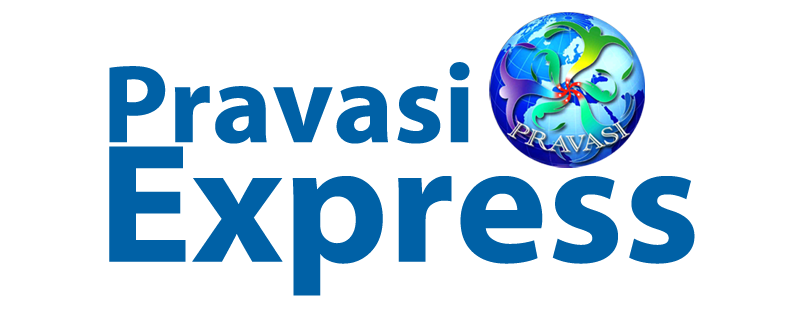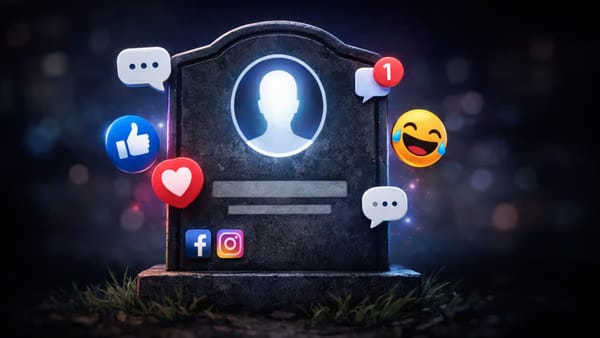Health Tips During the Month of Ramadhaan
Health Tips During the Month of Ramadhaan by Dr Sajeena Azeesu MBBS, M. Med (Singapore), MRCP (UK)

Muslims all over the world observe fasting during the month of Ramadhaan, the ninth month of the Islamic lunar calendar.
During this blessed month, Muslims all over the world abstain from food and drinks, and practice self-discipline during the day light hours (from pre-dawn to sunset).
It is a time for Muslims to purify the soul, refocus attention on God, and practice self-sacrifice, self-restraint and self-discipline, such as controlling one's anger, doing good , forget and forgive each other's short comings, feeding the poor, spreading love and peace in the family and community and contributing to the society's wellbeing. In this way, the month of Ramadan benefits the society and not just the individual.
Those who are sick are exempted from the requirement to fast during the holy month of Ramadhaan.
 | Dr Sajeena Azeesu MBBS, M. Med (Singapore), MRCP (UK) Current practice address: |
Many of my patients have asked me many Ramadhaan-related questions and I would like to share some of them with you.
Q1) Can I fast if I have diabetes?
A1) People who have diabetes should consult their doctor before the month of Ramadhaan. Adjustment of medication and insulin will be necessary for a diabetic person before the commencement of fasting. Diabetic patients taking insulin should consult their doctor to see if their dosage can be adjusted to allow fasting during Ramadhaan.
In all cases of fasting with diabetes, blood sugar levels should be closely monitored if possible, especially before and after meals. If a patient develops symptoms of low blood sugar whilst fasting, they should end the fast immediately.
Diabetic persons with kidney impairment and dialysis have to be careful if they are fasting. The kidney impairment can worsen due to dehydration and can lead on to dialysis. Kidney patients on dialysis should understand that dialysis can cause significant shifts of fluids and salts within the body and it is not advisable to fast and if the patients insist on fasting they have to follow up with their physician closely. When I was working as a dialysis physician, a number of my patients successfully fasted on their non-dialysis days though advised otherwise. However, patients on kidney dialysis must exercise extreme caution when fasting.
Q2) Should a person with high or low blood pressure fast?
A2) A person with well-controlled high blood pressure may fast. Their doctor will help them take tablets outside fasting times.
Someone with low blood pressure who is otherwise healthy may fast. They must ensure they drink enough fluid and have enough salt.
Q3) Can I take tablets, have injections or use ointments/patches while fasting?
A3) Taking tablets breaks the fast.
However, injections, patches, eardrops and eye drops do not break the fast as they are not considered to be food and drink (though there are differences of opinion among Muslim scholars on these issues).
Q4) I have Asthma, can I use an inhaler?
A4) People with poor control of their asthma must not fast until good control is achieved. People with asthma may opt for longer-acting inhalers so that they can fast. Usually maintenance inhalers, which are long acting, can be used in the morning and evening or once daily; before or after the fasting period.
See your doctor for further advice
Q5) My child is only 7 years and insists on fasting together with us. Can he fast?
A5) Children are required to fast upon reaching puberty. It isn't harmful.
Fasting before this age is tolerated differently depending on the attitude of the parents and the child’s general health and nutrition. Fasting for children under the age of seven or eight isn't advisable. It's a good idea to make children aware of what fasting involves and to practise fasting for a few hours at a time, e.g. half day.
Q6) I am on regular medication. Can I fast?
A6) If you are on long-term medication, you should talk to your GP about whether you could change your medication, so that you can take it outside the daily fasting period.
If your disease is unstable, or poorly controlled, do not fast.
For acute short illnesses like flu, your doctor will advise whether it is advisable to fast.
Q7) I am breast feeding/pregnant. Can I fast?
A7) Muslim women who are pregnant or breastfeeding may be exempted from fasting if they feel that their health or the baby’s health would be negatively affected by the fasting.
There's medical evidence to show that fasting in pregnancy is not a good idea. The mother may be expected to compensate for the missed fasting at a later time or pay some expiation for not fasting.
Consult a scholar or a book of fiqh to determine the appropriate guidelines if you want to know more details
Q8) How can I quit smoking during Ramadhaan?
A8) Smoking is bad for your health and Ramadhaan is a great opportunity to change unhealthy habits, including smoking.
Consult your doctor to find out more about smoking cessation.
Q9) I get severe migraine attacks while I am fasting. Can I fast?
A9) People with uncontrolled migraine attacks should not fast. However, managing your migraines is possible with the right medicine and certain lifestyle changes. Ask your doctor for further advice on controlling your migraine attacks.
Q10) Are ladies with prolonged menstrual bleeding or abnormal vaginal discharge able to fast?
A10) Fasting is not permitted during menstruation. For women with prolonged menstruation, they can count the number of days of regular menstruation. For example, if the normal menstrual cycle is 7 days, they can resume praying and fasting after completion of the 7 days.
Please follow the ruling on isthihaza.
Those who have white, yellowish vaginal discharge in excessive quantities should consult a doctor. However, they can still fast after washing and performing the ablution.
Q11) Can I bathe or swim while fasting?
A11) Abu Bakr ibn 'Abdurrahman reported from a number of companions that they had seen Allah's Messenger (Peace and blessings be up on Him) pour water over his head while he was fasting due to thirst or extreme heat. Abu Dawud; Sahih]. : "There is no harm in rinsing the mouth and cooling one’s body with cold water when fasting". Similarly, one can have a bath without invalidating his fast, provided there is no swallowing of water. It is best to avoid swimming unless it is possible to prevent swallowing of water.
Q12) If I feel very dehydrated and feel faint, can I break my fast?
A12) Yes, you could become very dehydrated if you do not drink enough water or do not eat a proper pre-dawn meal before the fast. It is preferable to have your meal just before the beginning of the daily fasting period.
Dehydration can be made worse by weather conditions and even everyday activities such as walking to work or housework. If you produce very little or no urine, feel disoriented and confused, or faint due to dehydration and low sugar, you must stop fasting and have a drink of water or/and eat something.
Islam doesn't require you to harm yourself in fulfilling the fast. If a fast is broken, it will need to be compensated for by fasting at a later date.
Wishing all readers a blessed Ramadhaan and Eid Mubarak in advance.
Wishing all readers good health and long life.




